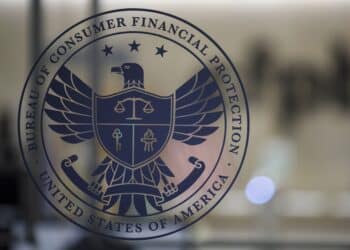Will Mobile Payments Be More Secure than Mag Stripe Card Purchases?
A lot has been said about mobile banking and security, including consumers vocalizing their fears over using the channel. Indeed, data from the soon-to-be-released Bank Innovation Monitor show that 67% of consumers say they are concerned about mobile-device security. That prevailing sentiment doesn’t bode well for many payment providers’ hopes that consumers will readily pay for purchases by phone — at least not yet. But those in the financial services industry have a different take: When it comes to banking, mobile phones will enhance security, especially when near-field communication technology takes off.
A number of industry players at a payments tradeshow held this month argued that NFC-equipped phones, and its inevitable digital wallet offspring, will lead to much tighter payment security than magnetic stripe card payments, for example. When a conference attendee in a mobile payments session pointed to the overwhelming security deficiencies of mag stripe cards, a speaker pointed to mobile devices as one cure.
“Mobile is one way to fix it,” Todd Ablowitz, president of Double Diamond Group LLC, said. “NFC is far more secure than a mag stripe.”
He’s not alone in his view. The Federal Reserve Bank of Atlanta blogged in April on why the budding mobile wallet will be more secure than current payment forms. Among the reasons highlighted in the post? Because of GPS and password protection, mobile phones already have stronger authentication capabilities than physical wallets.
As mobile wallets develop, better security will also extend into the coupon and loyalty scene, which lacks rigorous security today thanks to the Groupons of the world.
“NFC is about presence,” David Talach, vice president of global product marketing at VeriFone Systems Inc., told Bank Innovation. “It is way more secure. … Tapping that you bought something is more valuable than driving by a store with GPS, for example.”











